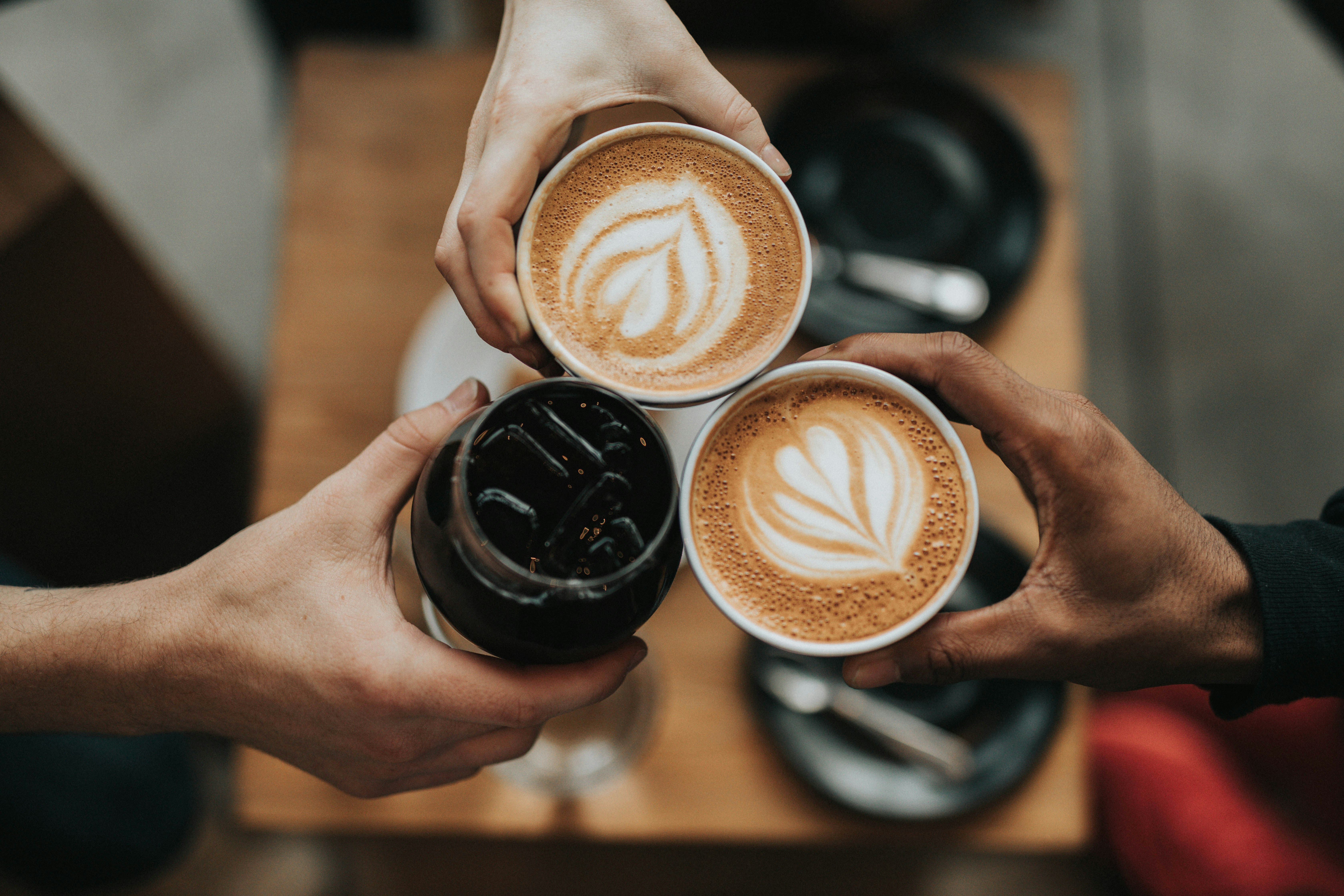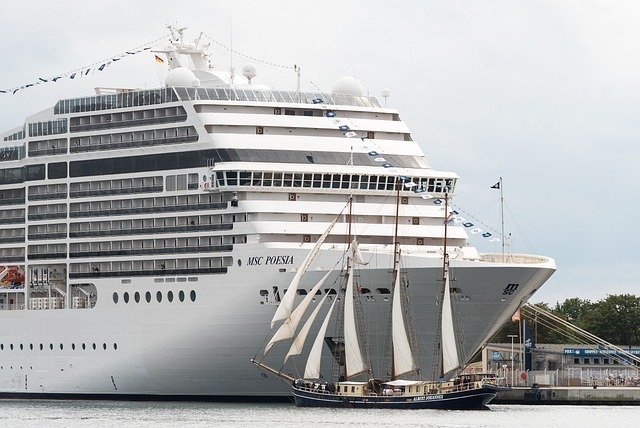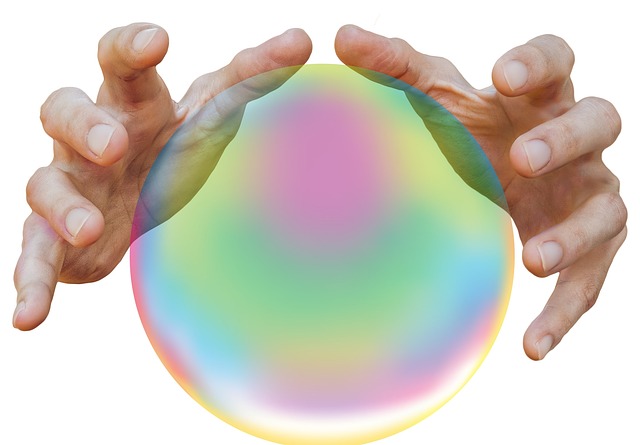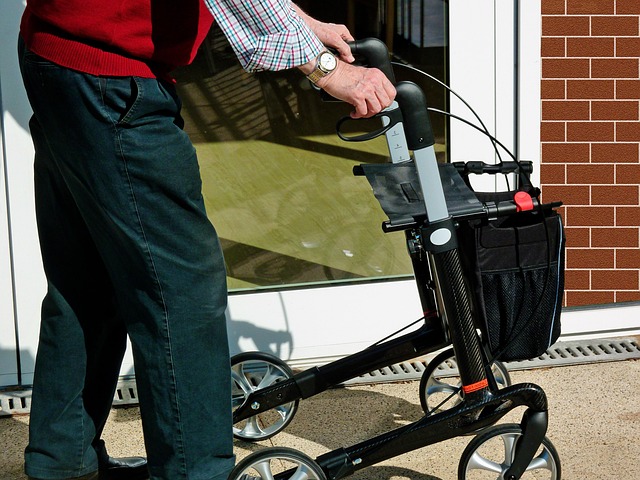The Emergence of Coffee Culture: How Millennial Preferences are Shaping Society
Discover how millennial preferences for specialty coffee are transforming culture and fueling a burgeoning market, from neighborhood cafes to innovative brewing methods. Delve into the societal impact of this trend as we explore its historical progression and its current manifestations. Read below for more.

Rise of the Coffee Epoch: A Historical Perspective
Observing coffee culture calls for a glance into its historical roots. The coffee house ushered its existence into society back in the 15th century in Yemen. However, the 20th-century witnessed a coffee revolution, accelerated by urbanization, the convenience factor introduced by instant coffee, and the proliferation of coffee chains like Starbucks. These factors pose as the traditional backdrop to our contemporary coffee narrative.
Millennial Influence: Coffee as an Experience
At the heart of today’s coffee culture lies the rise of the millennial consumer who has transformed coffee into a lifestyle statement. For them, coffee is not just about the caffeine, but also about sustainability, ethics, and local sourcing—these aspects aligning perfectly with their wider world views. Therefore, cafes have become social spaces for co-working, networking, and socializing transcending the mere purpose of drinking coffee.
Economics of a Coffee Culture: Market Revelations
Statistics reveal that millennials’ penchant for gourmet coffee has propelled the industry. According to research, millennials consume 44% of coffee in the U.S. This demographic’s demand for premium quality, specialty coffee has ignited an industry surge with an increase in local cafes and coffee bean subscription services. Their coffee consumption habits appear to be directly shaping the dynamics of coffee production and contributed to the rise of ‘third wave’ coffee culture.
The Societal Implications: Coffee Culture as a Social Tool
It’s worth noting the broader societal implications the coffee culture trend has incited. Gazing through a sociological lens, shared coffee experiences contribute to community building. Moreover, coffee serves as a conversation starter, fostering positive social interactions. The coffee industry’s emphasis on responsible sourcing and fair trade policies has increased awareness about ethical consumerism, pushing more brands to adopt sustainable practices.
Rituals and Future Trends: Brewing a Coffee Movement
Symbolizing more than just a morning ritual, coffee bars, brewing methods, latte art, and coffee cupping sessions have all become an intrinsic part of the coffee ethos. Looking ahead, the future of the coffee landscape much depends on technology and sustainability. We foresee almond milk lattes, robot baristas, and biodegradable coffee pods as potential trends that will shape the industry, married to the rising cultural significance of coffee.
Wrap-Up: More than just a beverage, coffee has emerged as a prominent cultural, economic, and societal feature of contemporary life. Driven by millennial preferences and a focus on sustainable sourcing and consumption, the flourishing coffee culture promises to hold a strong influence over the evolution of future society norms. This continuing trend is a reminder of our capacity for creating rich cultural experience from simple, everyday practices.




